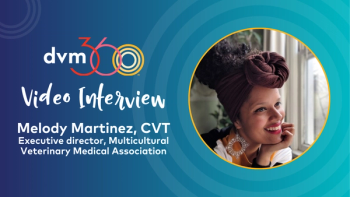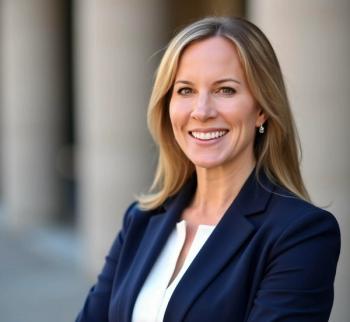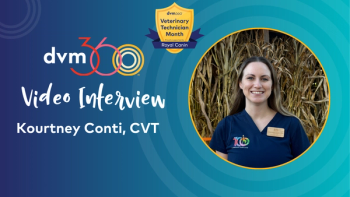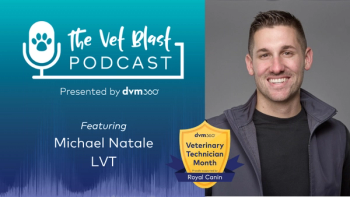
'Without Communication, No Anesthesia'
As Geoffrey Truchetti, DMV, MSc, DES, DAVAA, anesthesiologist at Centre Vétérinaire Rive Sud in Quebec, Canada, explains, teamwork and communication are essential in managing risk during anesthesia.
As Geoffrey Truchetti, DMV, MSc, DES, DAVAA, anesthesiologist at Centre Vétérinaire Rive Sud in Quebec, Canada, explains, teamwork and communication are essential in managing risk during anesthesia.
Interview Transcript (slightly modified for readability)
"Teamwork and communication are essential in the way we manage risk in anesthesia. Anesthesia never happens just for anesthesia. It’s always about something else that we need to do on the patient—there is a surgery, there is an MRI, there is CT scan, or whatever—there is something to be done. Based on that, the team doing anesthesia needs to know what they will do, with whom, how and where. And we need to know everything before it begins. That’s the first part of the communication.
And then, there needs to be a back and forth between the anesthesia team and the other team to talk about what is going on and how that impacts the patient. Without communication, there is no anesthesia. That applies to referral centers where they have multiple teams, but it also applies to the general practitioner even when there is just one veterinarian and a team of technicians helping. Usually the technician will administer the anesthesia. And if you don’t talk to your technician, and they don’t answer to you, you won’t have any success.
You technicians are your eyes and hears. You need to listen to them to know what is going on and how to manage the case. You need to also tell them what to do to manage the case more efficiently. It’s a back and forth between everybody that is involved."
Newsletter
From exam room tips to practice management insights, get trusted veterinary news delivered straight to your inbox—subscribe to dvm360.






